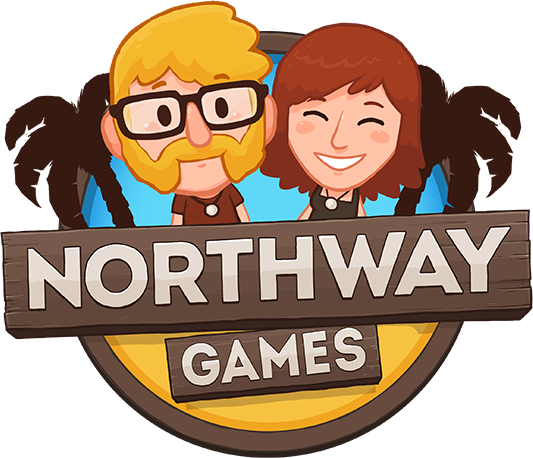Three games I’ve played or re-played recently got me thinking about Control.
and Proteus
These games all say something different about Control aka autonomy aka player agency aka whatever you want to call it.
Every game lets you do different things. Some games are very opinionated about what you do, others less so. These three games all have something different but interesting to say about the Control they give you.
It’s easy to love The Stanley Parable because it is satire. Satire about the very idea of player agency in games. The Stanley Parable says your Control is an illusion. Whatever you do, wherever you go, the developer had to go there first or the place wouldn’t exist. The nature of code means games have to be meticulously authored. At best games offer you a convincing lie.
Into the world of the meticulously authored steps Dear Esther. Dear Esther makes no attempt to lie. Autonomy is not what Dear Esther is doing. It remove any meaningful Control from the game entirely. But by removing Control it gets to do something things other games don’t get to do. It gets to tell a linear story inside the gameplay. Dear Esther doesn’t have to be satisfied with tacked-on cutscenes or throw-away lines explaining some superfluous plot. The story melts into the visuals and the sound because there are no nasty choices to distract you from the pure sensory experience.
I personally don’t like Dear Esther as much as the other two games. I spent a lot of my playthrough chafing against my lack of Control. But it successfully touches people and I love that it does.
Proteus, on the other hand, is all about player agency. Proteus has very little interest in leading you by the nose. Little interest in showing you the best parts of its island realm. Little interest in ensuring an engaging experience. By letting go of the reigns it gets to do some things that other games don’t get to do. It gets to be pleasant place to be. With no real goal, no real systems to understand, and no story to tell it’s up to you to find something to do. It’s up to you to decide what will be fun or interesting. How much you want to explore, when you want to move on. I really like having all the power like this and Proteus provides an interesting enough world to reward the simple act of exploration.
Choice and Control is what video games do that other mediums don’t. All three of these games use this unique power in unusual ways. Proteus revels in the simple fact of it and Dear Esther harnesses it to deepen its tale, but The Stanley Parable certainly gets the last laugh.




